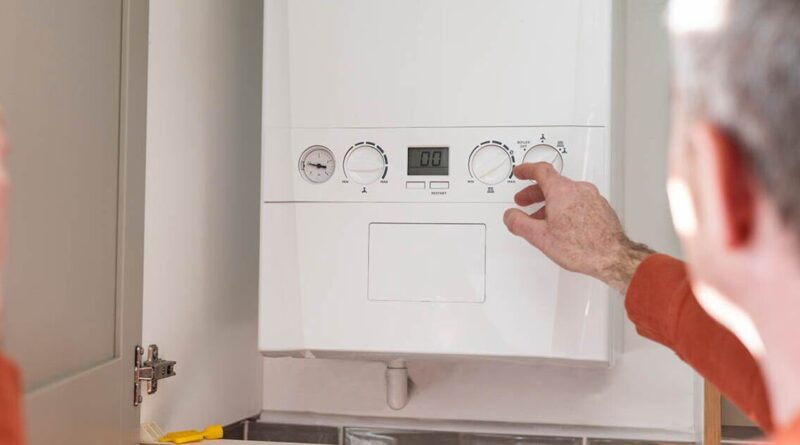Exact temperature your boiler should be set at to save on energy bills | Personal Finance | Finance
You could save some money on your heating bill this winter just by making sure your boiler is set at the right temperature.
Many are unaware that you can change your boiler settings to make sure the water is at an optimal temperature.
Research suggests that keeping tabs on this can help you save £57.04 a year.
When boilers are installed, they are usually set at between 70C and 80C, but this is hotter than it needs to be.
Energy company EDF explains that you can still heat your home at a lower temperature.
They said: “At lower flow temperatures, the combi boiler is in condensing mode more often. This means it can capture more heat and recycle it back into the system.”
A study by the Heating and Hotwater Industry Council has suggested that you can reduce your boiler flow temperature to 50C, taking 8% of of your annual gas bill.
The average yearly bill is about £828 – £713 in gas and £115 in standing charges. If you saved 8% on this bill, you would be £57 better off.
Experts warn, however, that it is important to make sure you don’t drop the boiler flow temperature too low as this could lead to harmful bacteria building up.
This could increase the risk of illnesses like Legionnaire’s disease.
Ryan Gill, lead technical surveyor at boiler experts Boxt, believes 50C is too low.
He said: “With the weather getting colder, trying to figure out what setting to adjust your boiler to while keeping energy bills top of mind can be confusing.
“You can turn your boiler flow temperature down and save money without compromising too much comfort, however it’s important to note that the optimum temperature for your boiler will usually depend on the boiler’s make and type.
“For example, the flow temperature of combi boilers should not be set below 55C. For those who have system or standard boilers with a separate hot water cylinder, it must be kept at a minimum of 60C.
“If the temperature is set below these levels, it can encourage bacterial growth, which could pose a potential health risk to you and your family. In addition, if the flow temperature is too low, your radiators may not heat your home adequately.”




